I love teaching my life cycles unit in the spring! In this post, I share some of my favorite ideas and resources for teaching animal and plant life cycles.
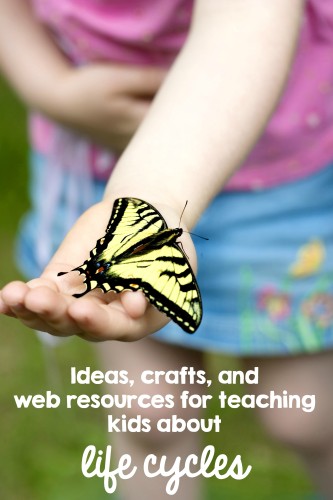
When I teach life cycles, I like to teach the butterfly, frog, chicken, and plant life cycles one after the other. I encourage the kids to make connections between the different life cycles so that they understand the “big idea” that all living things grow and change. I start off the unit by having the kids each bring in a baby photo. I collect them all, spread them out on the tables, and have the kids rotate through the tables like centers. They try to guess whose baby picture belongs to who! After we finish the baby pictures activity, we talk about how they have grown and changed since they were babies…both physically and in their abilities to do “big kid” stuff. Soon after that lesson, we talk about the difference between living and nonliving, and I explain that we are going to be learning about how living things grow and change.
The next day, I launch into teaching about the butterfly life cycle. I read The Very Hungry Caterpillar during the first lesson, since most of them have already heard it and already know what happens at the end. We focus on the butterfly life cycle for about 2 weeks, during which they learn lots of vocabulary, including the body parts of an insect. Here are just a few of the learning activities and crafts that we do as part of this mini-unit:
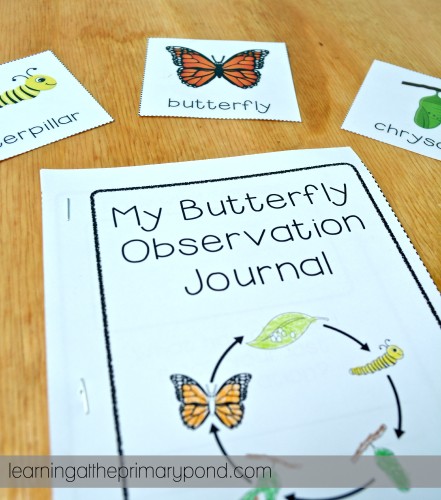 Butterfly Life Cycle Observation Journals
Butterfly Life Cycle Observation Journals
(The kids use these with the butterflies we have in our classroom and use the vocabulary cards shown above the journal to support their writing)
Butterfly Life Cycle Pasta Craft
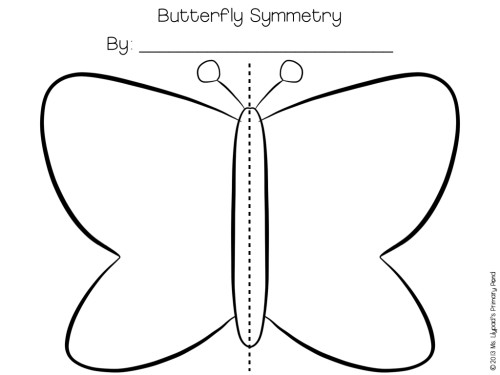
Butterfly Symmetry Painting
(I have the kids use tempera paint and q-tips to design one side, then fold and see what happens to the other side – read more about how to do this craft HERE)
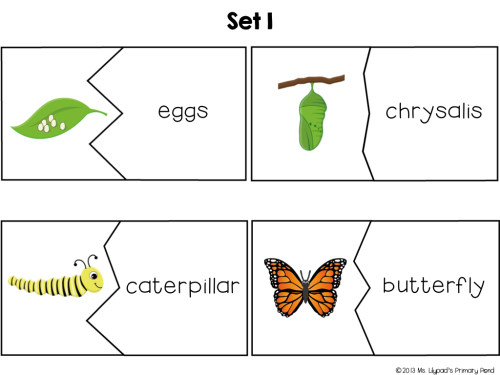 Butterfly Life Cycle Vocabulary Puzzles
Butterfly Life Cycle Vocabulary Puzzles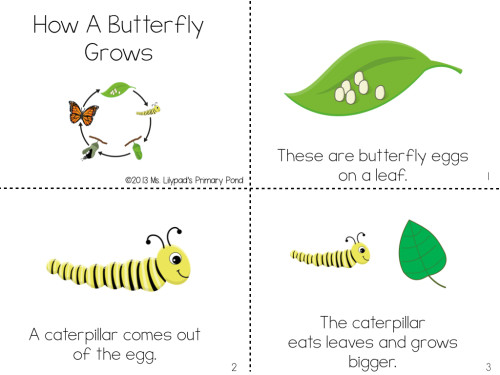
Butterfly Life Cycle Leveled Readers
After the butterfly life cycle mini unit is over, we move on to the frog life cycle! One of my favorite things we do during this part of the unit is to make the frog life cycle out of playdough. I wish I had some photos of this – the kids get really into it! You can have them work in partners to get them using the vocabulary while they talk about how to make each stage in the life cycle. Here are a couple of the other activities that we do during this part of the unit:
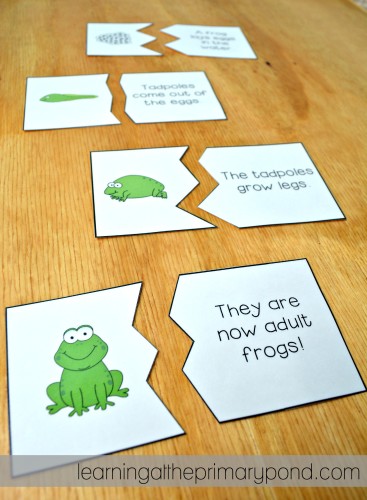
Frog Life Cycle Puzzles
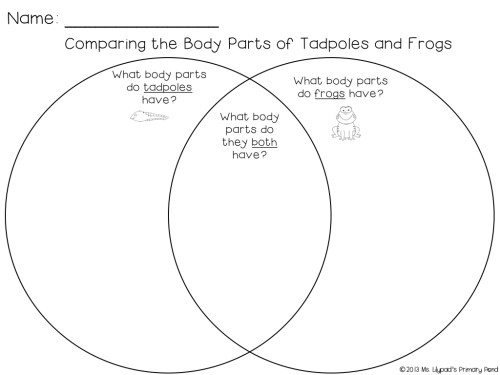
Venn Diagram to compare the body parts of a tadpole and frog
We always sing this so-cute song called “Tadpole Blues” by Peter Combe.
Okay, so after the frog life cycle part is done, we move on to the chicken life cycle (if I time things right and the holiday doesn’t fall too late, we do this right around Easter!).
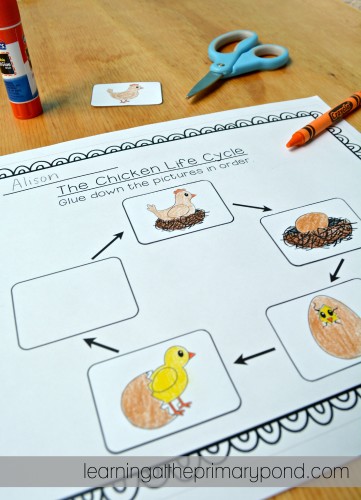
Chicken Life Cycle Cut and Paste
(As with all the other life cycles, we do cut-and-paste practice – and I have the kids write labels for each picture when they’re finished)
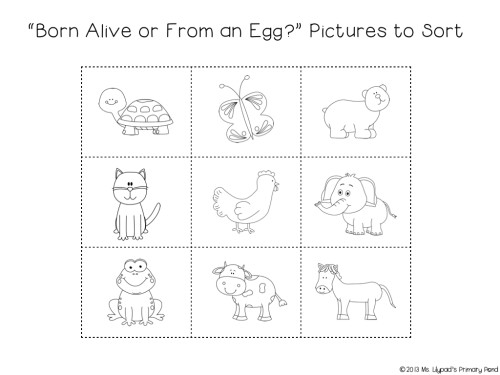
Oviparous vs. Viviparous Picture Sort
(Once we’ve learned about the chicken life cycle, we learn about other animals that come from an egg, as well as the terms “viviparous” and “oviparous”)
And last but not least, after the chicken life cycle mini-unit is finished, we move on to the life cycle of a plant (I also hit on plant parts here, too.)
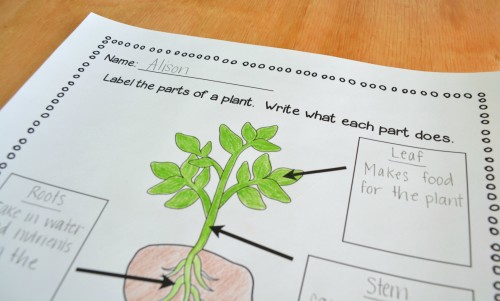
Parts of a Plant Color & Label
To wrap up the whole unit, we do some comparing and contrasting of the different life cycles, and the kids do a final project to demonstrate their learning.
All of the materials shown are found in this bundle:
The bundle offers the biggest discount, but you can also purchase the units individually:
And now for some fun, free Internet life cycles links to explore:
– Interactive sequencing game for the butterfly life cycle: http://www.sheppardsoftware.com/scienceforkids/life_cycle/butterfly_lifecycle.htm
– Time lapse video of the monarch life cycle: http://www.neok12.com/php/watch.php?v=zX5e6d74677163757b450e45&t=Metamorphosis
– Frog life cycle sequencing interactive game: http://www.sheppardsoftware.com/scienceforkids/life_cycle/frog_lifecycle.htm
– Video about the life cycle of a frog: https://www.youtube.com/watch?v=ce5_Vk_yNcY
– Animated video of the chicken life cycle: https://www.youtube.com/watch?v=kQaA2f4eZrA
– Real video clips from the life cycle of a chicken: http://www.youtube.com/watch?v=LsI63OrMEEQ
– Time lapse of a seed growing: https://www.youtube.com/watch?v=fPTJ3qD1ikk&feature=fvwrel
– Plant life cycle sequencing game: https://jr.brainpop.com/science/plants/plantlifecycle/sequenceorder/
I hope you enjoy the links! Happy teaching, and here’s to an early spring this year!

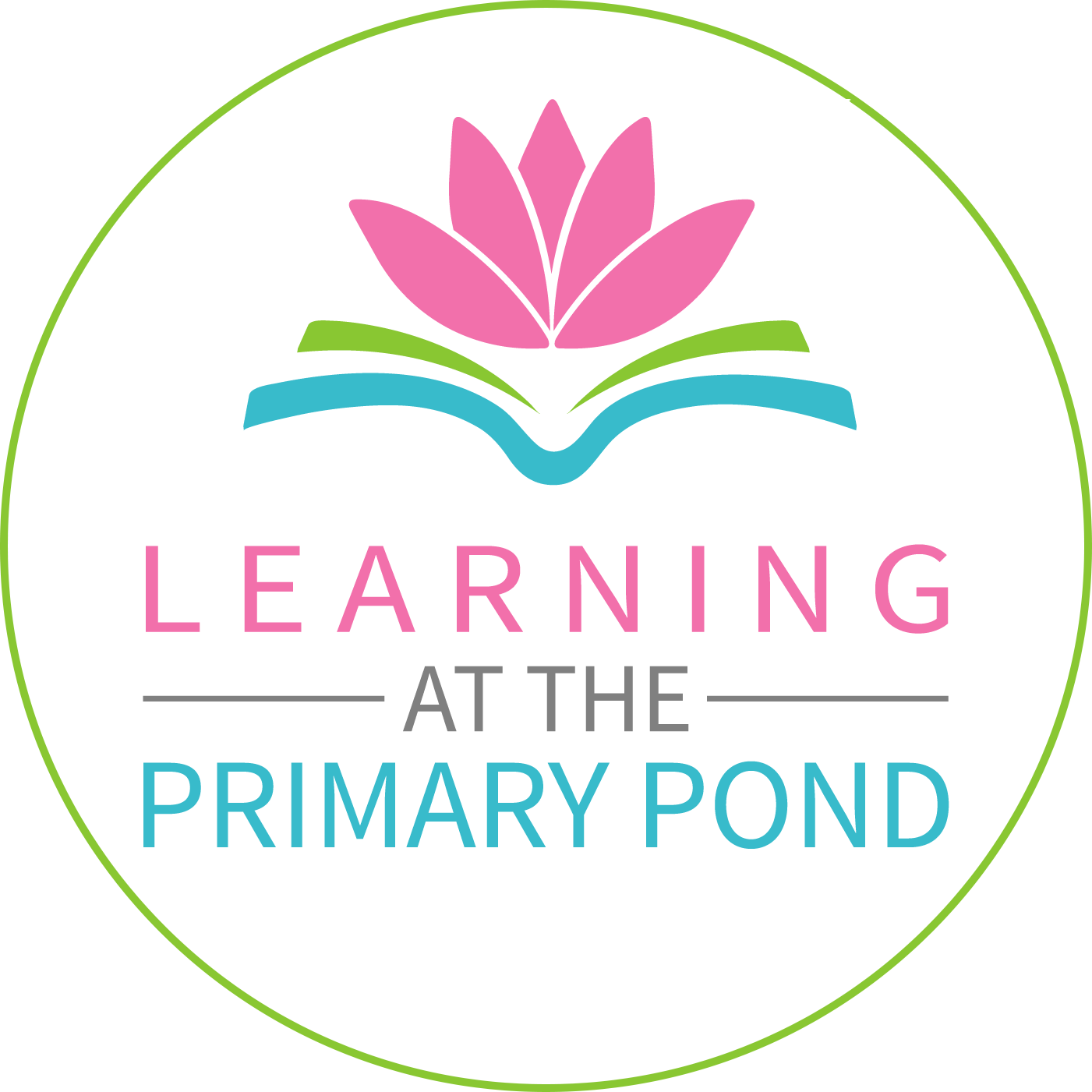
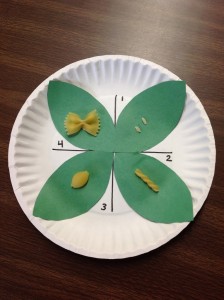
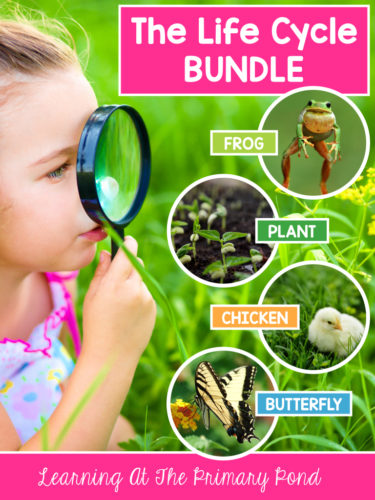
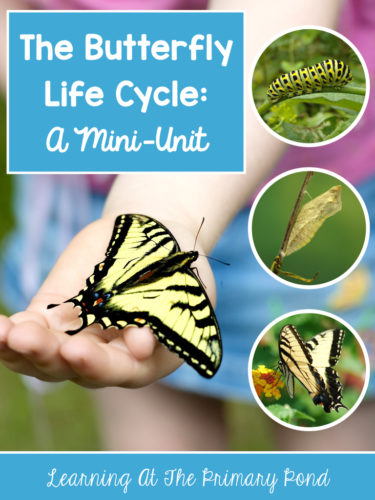
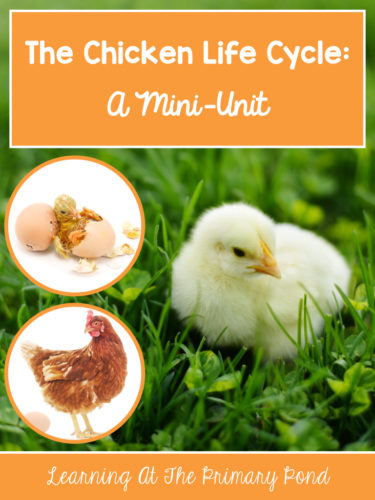
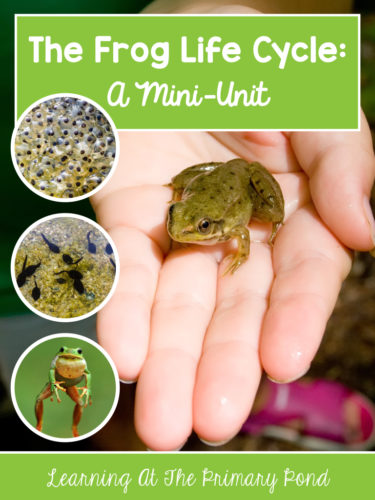
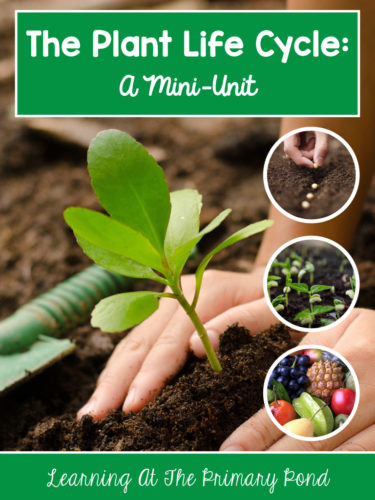
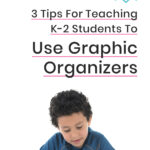



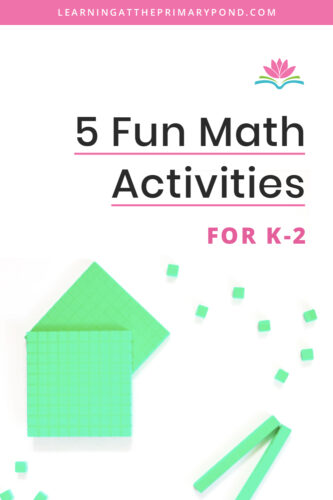
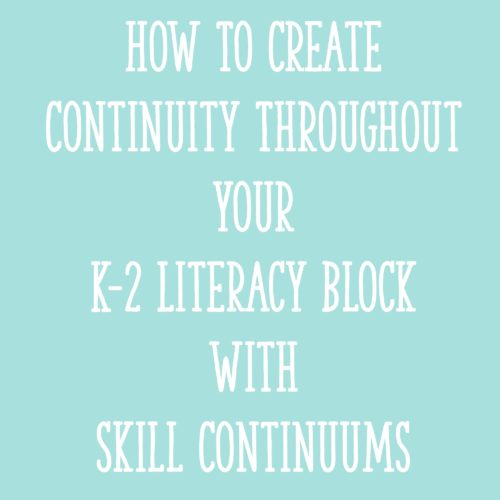

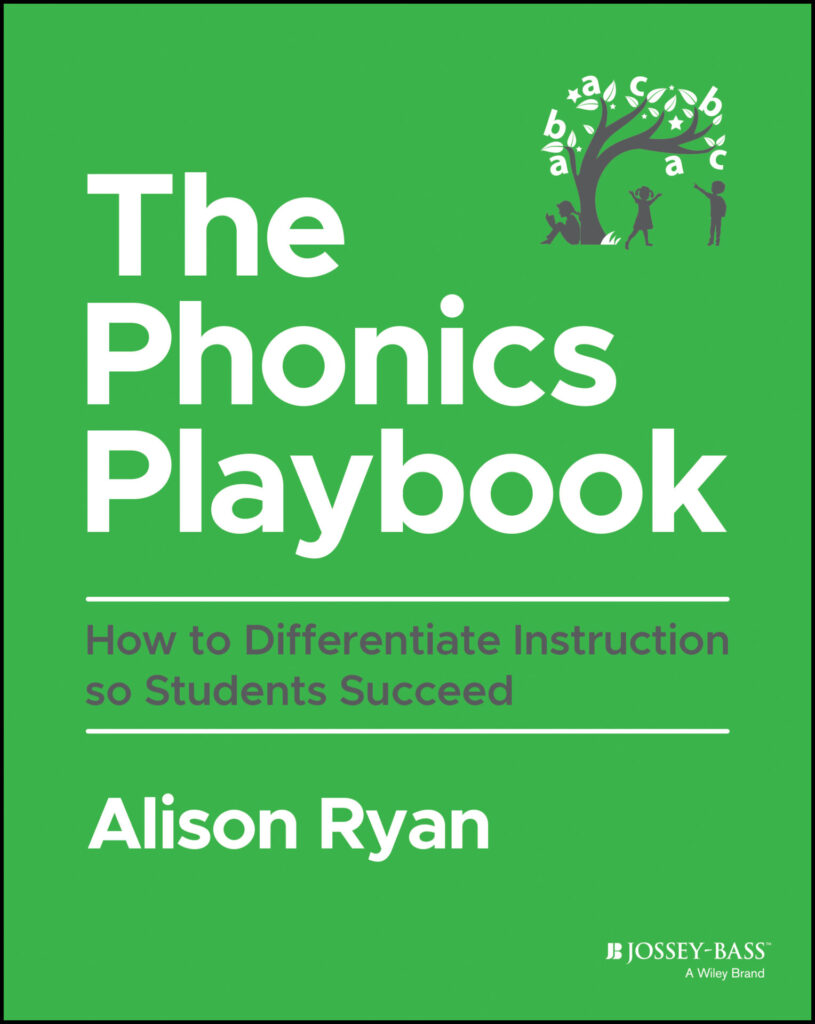
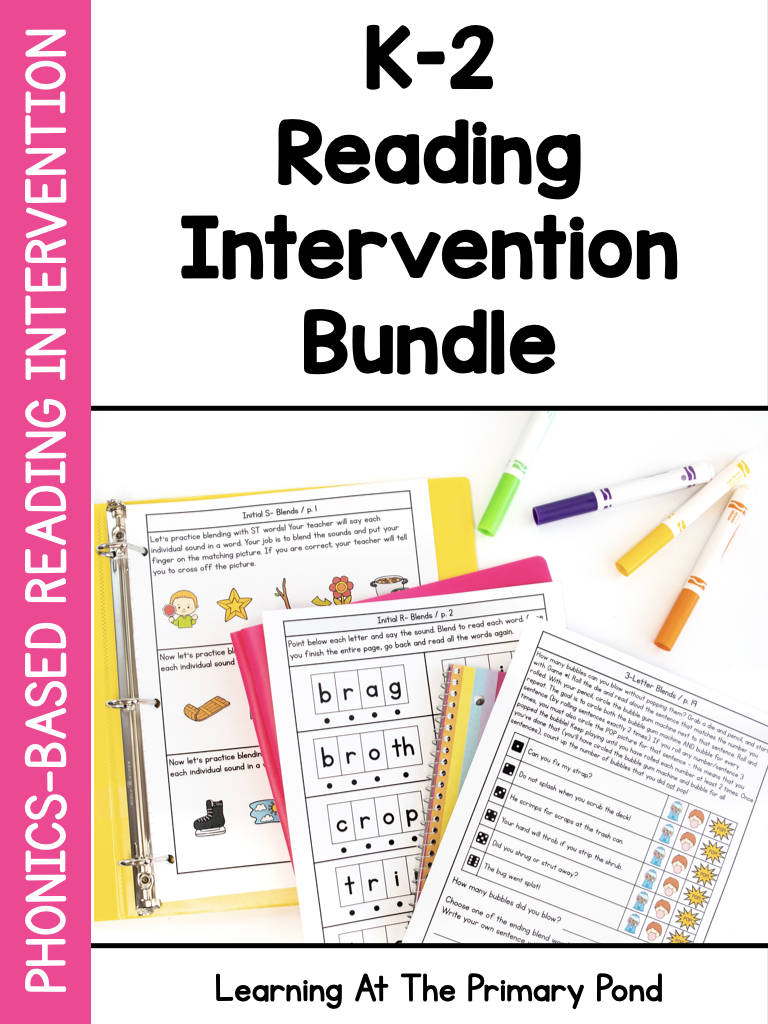
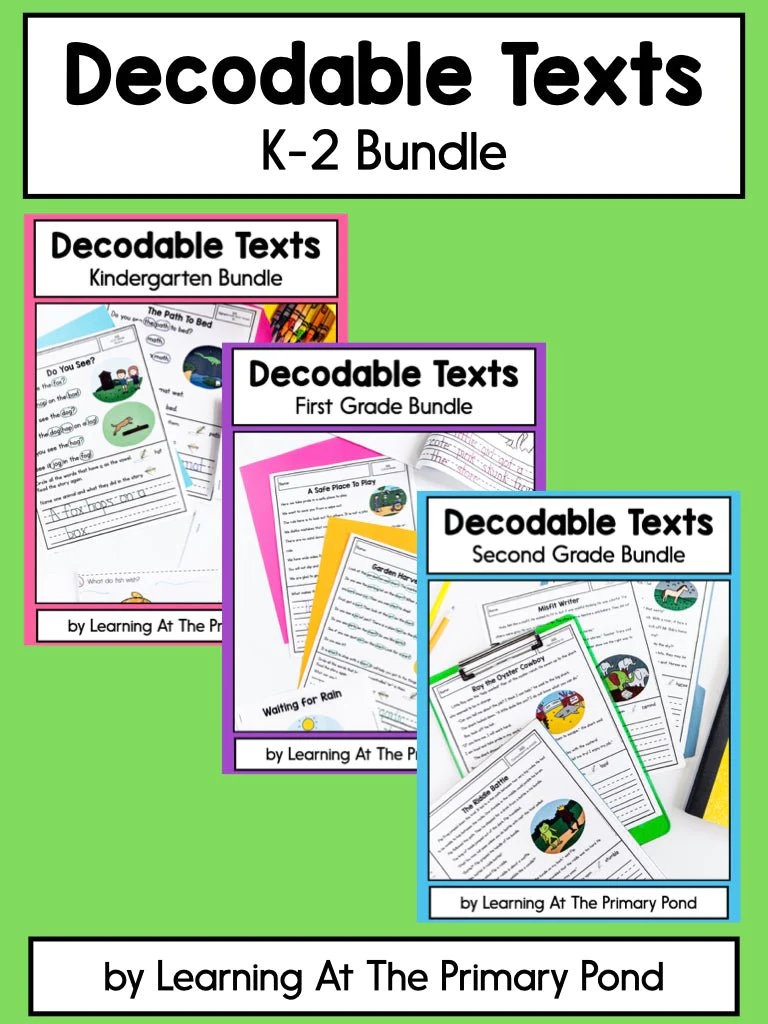

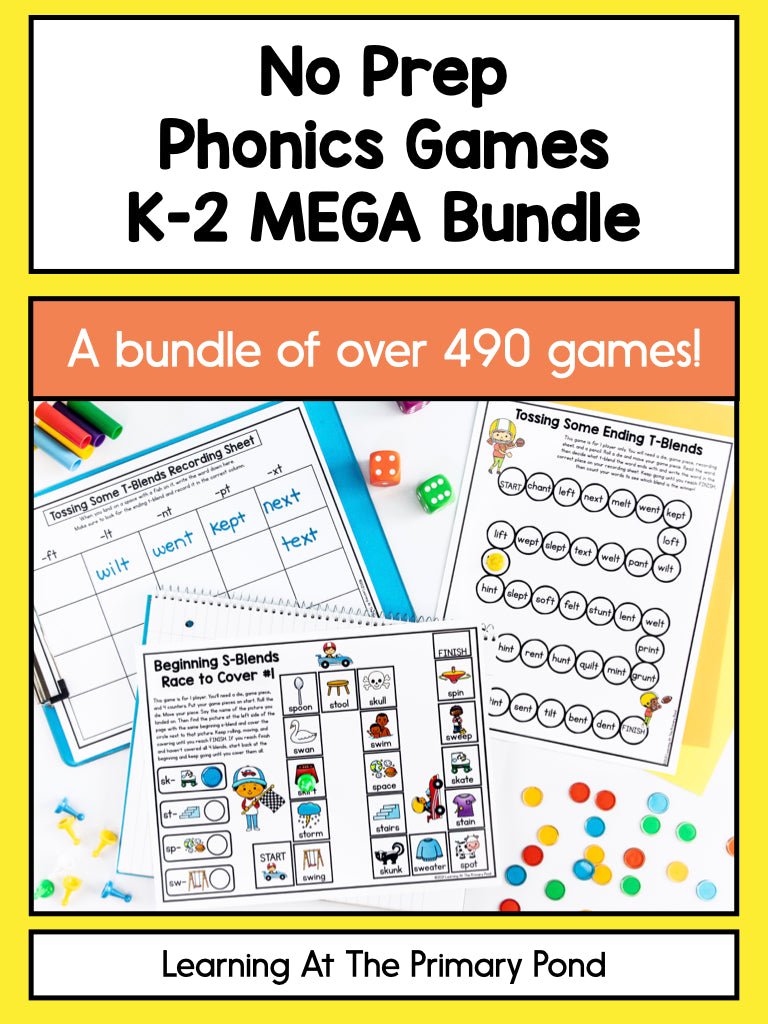
Very informative and interesting
Thank you!!